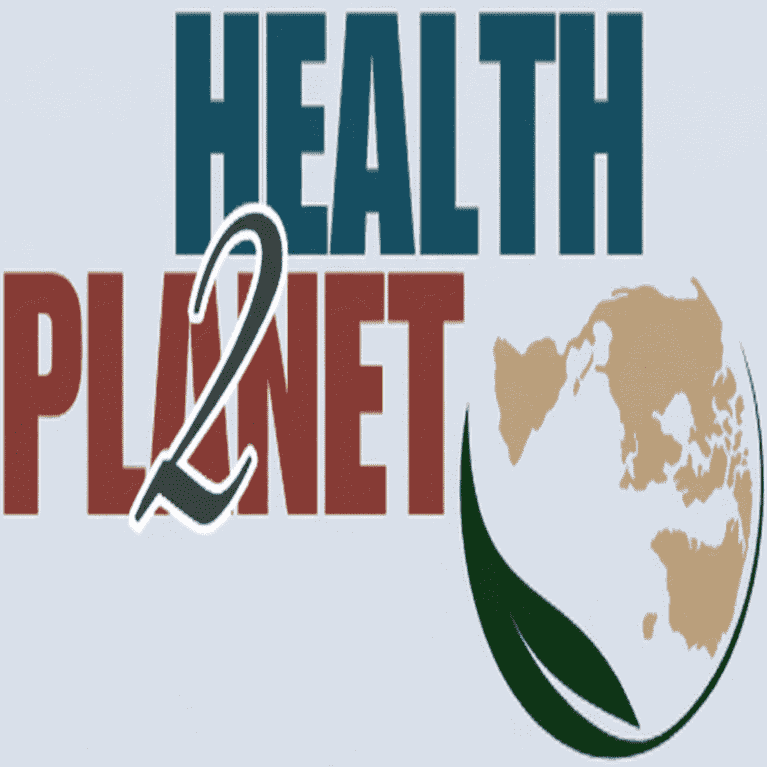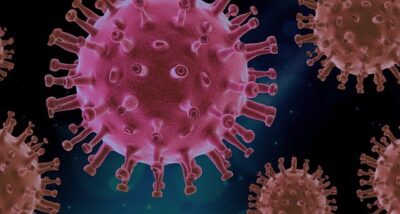The Coronavirus (COVID-19) pandemic disrupts the global healthcare system and corrupts health education and information. Scientists, virologists, health officials and workers, and the general public have varied views on COVID-19. You must filter the information you hear regarding it, as it can be the difference between life and death. There are many common COVID-19 myths out there.
Here are the common COVID-19 Myths that you may believe are true:
#1 COVID-19 is Real
Some people still think that COVID-19 is unreal. It is as real as they come. After all, there are over 1 million COVID-19 deaths. That’s all I’ll say about that, and if you’re second-guessing, you probably should finish reading this blog.
#2 COVID-19 was invented in a Lab
You should know that this is popularly known as the China-lab origin conspiracy theory, inspired by diplomatic, foreign, and multilateral relations. Some public officials have openly blamed the Wuhan Institute of Virology for the accidental outbreak of the Coronavirus disease.
Clinical studies have demonstrated that the COVID-19 genome sequence is identical to that of bats and 100% similar to pangolins.
#3 There are no Licensed Drugs or cures
There have been several reports about licensed Coronavirus drugs in some countries like Madagascar, Russia, and China. In Madagascar, there is COVID-Organics. The herbal concoction, produced from the artemisia plant, is being promoted as a Coronavirus cure. Yet hospitals in the country are full of COVID-19 patients.
Also, the Russian government unveiled and approved Sputnik-V before completing the three trial phases as a COVID-19 vaccine. However, as of this date, the WHO, the global health body, has not approved any drug as a cure for COVID-19. So, infected persons should seek appropriate medical treatment and possible recovery.
#4 Chloroquine or Hydroxychloroquine do not cure COVID-19
Chloroquine and hydroxychloroquine are common antimalarial drugs. Contrary to some clinical studies, no evidence supports that they can cure or prevent Coronavirus (COVID-19). International health bodies, medical experts, and researchers have warned against using antimalarial drugs such as chloroquine for COVID-19.
Although scientists are still understudying this, there is no verifiable clinical data to prove that such malaria drugs can treat Coronavirus patients. And while you may self-isolate and seek medical treatment, please avoid self-medication.
#5 Antibiotics do not prevent or cure COVID-19
As the name implies, Coronavirus is a virus. So, antibiotics used to fight bacteria cannot cure or prevent Coronavirus. Though a Coronavirus patient can develop a bacterial infection, antibiotics cannot remedy the virus but only the bacteria.
#6 Pneumonia Vaccines do not protect you against COVID-19
Currently, there are no medically licensed vaccines for COVID-19 treatment. Though a couple of ongoing drug trials are at varying stages of development, none is yet approved as a COVID-19 treatment vaccine. Coronavirus symptoms may include signs of pneumonia, but pneumonia vaccines do not cure Coronavirus.
Medical experts often recommend vaccines against respiratory ailments, but not against Coronavirus. The WHO and other international and local health institutions are working hard to develop vaccines.
#7 Garlic, Vitamins, and Minerals do not protect you against COVID-19
I am sure you must have heard people say that if something is too good to be true, it probably is. Well, this garlic-mongering is.
Almost everyone knows that garlic is a medicinal food rich in antiviral content. You may even have eaten garlic at one point or the other. But as exciting as that sounds, I hate to break it to you, but garlic cannot prevent Coronavirus.
Don’t think vitamins and minerals can treat Coronavirus, though they are ideal for our health system and the body’s functioning.
#8 Face Masks do not cause Abnormal Breathing or CO2 Intoxication
People often think wearing surgical or face masks reduces their ability to breathe normally. And this is why some even flaunt health safety measures to prevent coronavirus spread. To avoid intoxication, you may want to ensure that the mask fits properly.
If the mask is too tight or loose, you can feel uncomfortable. Also, you should avoid reusing a disposable mask and change it when it becomes damp.
However, people can temporarily remove their masks when exercising or exerting intense physical energy. This will ensure that dampened masks do not attract microorganisms and hinder normal respiration during physical exercise.
#9 Alcohol, Methanol, and Ethanol do not prevent COVID-19
Just like some people think alcohol can erase their sorrows, some also believe it can prevent them from getting infected. Nothing can be farther from the truth. Excessive alcohol intake poses harmful health risks.e
Some even take extreme steps in drinking methanol and ethanol alcohol content. These can be poisonous to your internal body system and lead to disability or even death. So please, you do not want to drink any methanol or ethanol alcohol content.
Alcohol may help prevent Coronavirus spread only during viral disinfection of home or office surfaces. You can also apply alcohol-based hand sanitizers and disinfect surfaces with soap or bleach.
#10 Mosquitoes do not Spread COVID-19
Some people think COVID-19 spreads by insects, especially mosquitoes and houseflies. Well, just like the misconception popular with the spread of HIV, this is all but correct.
While medical research has shown that the Coronavirus is of zoonotic origin, it is yet to prove that insects are carriers of the deadly virus. Coronavirus mainly spreads through direct or indirect contact with respiratory droplets from infected persons.
#11 5G network does not cause COVID-19 Spread
It is even more alarming that some people believe the spread of coronavirus is due to the broadband cellular network. The 5G network was introduced in 2018, a year before the first recorded case of COVID-19.
Therefore, viruses are not transmitted through the electromagnetic radio waves of the 5G network. Coronavirus mainly spreads through contact with infected persons or contaminated surfaces. So don’t discourage yourself from upgrading your broadband network to 5G and gaining access to fast internet.
#12 Thermal Scanners cannot detect COVID-19 cases
Thermal scanners only detect fever-prone persons by measuring their high body temperature. However, this does not mean that thermal scanners can detect COVID-19 cases. After all, it takes 5 to 14 days before infected persons start showing symptoms.
One of the Coronavirus symptoms includes a high body temperature above the average body temperature, ranging from 36.50C to 370C. So, healthcare and security personnel must use thermal scanners to detect suspected Coronavirus cases. You must visit a medical hospital for a diagnostic test to determine whether you have Coronavirus.
#13 Excessive Sunlight or Humidity does not protect you from COVID-19
Several Coronavirus cases have been recorded in Asia, Europe, Africa, the Americas, and beyond. The virus spreads irrespective of the environmental or climate conditions present within a geographical area.
As of May 2020, every African country has recorded at least one COVID-19 case, and Africa is mostly hot, dry, and sunny. Therefore, countries with excessive sunlight and hot weather are unprotected from Coronavirus infections.
So, ideas like having a hot bath are one step away from body burns and will not prevent you from contracting the virus. And if there’s no reason to believe that hot weather prevents Coronavirus infection, then there’s no reason to assume that cold weather does either.
#14 Only some age groups (older and younger people) were in contact with COVID-19
Coronavirus is no respecter of persons. Sadly, there have been a few cases of unborn babies developing COVID-19 through the placenta of their infected mothers.
Also, there have been more recorded cases of Coronavirus in older people. But older people with preexisting respiratory, chronic, and cardiovascular conditions are generally more vulnerable to the virus.
#15 A Cough and Fever do not mean you have COVID-19
Coughing and fever may result from a viral infection, but that does not mean that you have contacted a Coronavirus patient. So, don’t panic when you develop such symptoms. In such cases, experts generally advise that you immediately seek medical care, especially if it is a cough, fever, or difficulty breathing.
Staying safe is staying away from misinformation.



